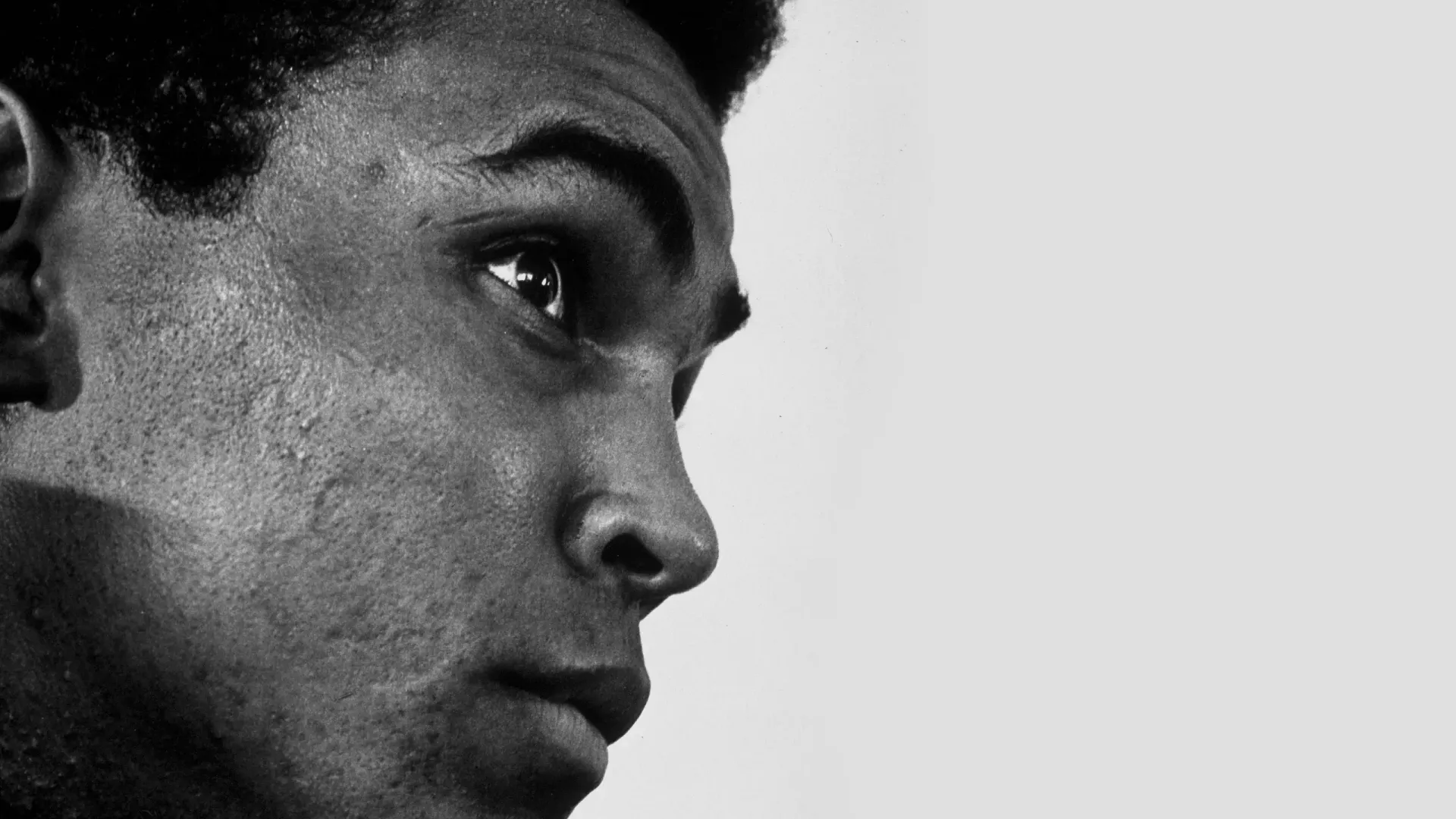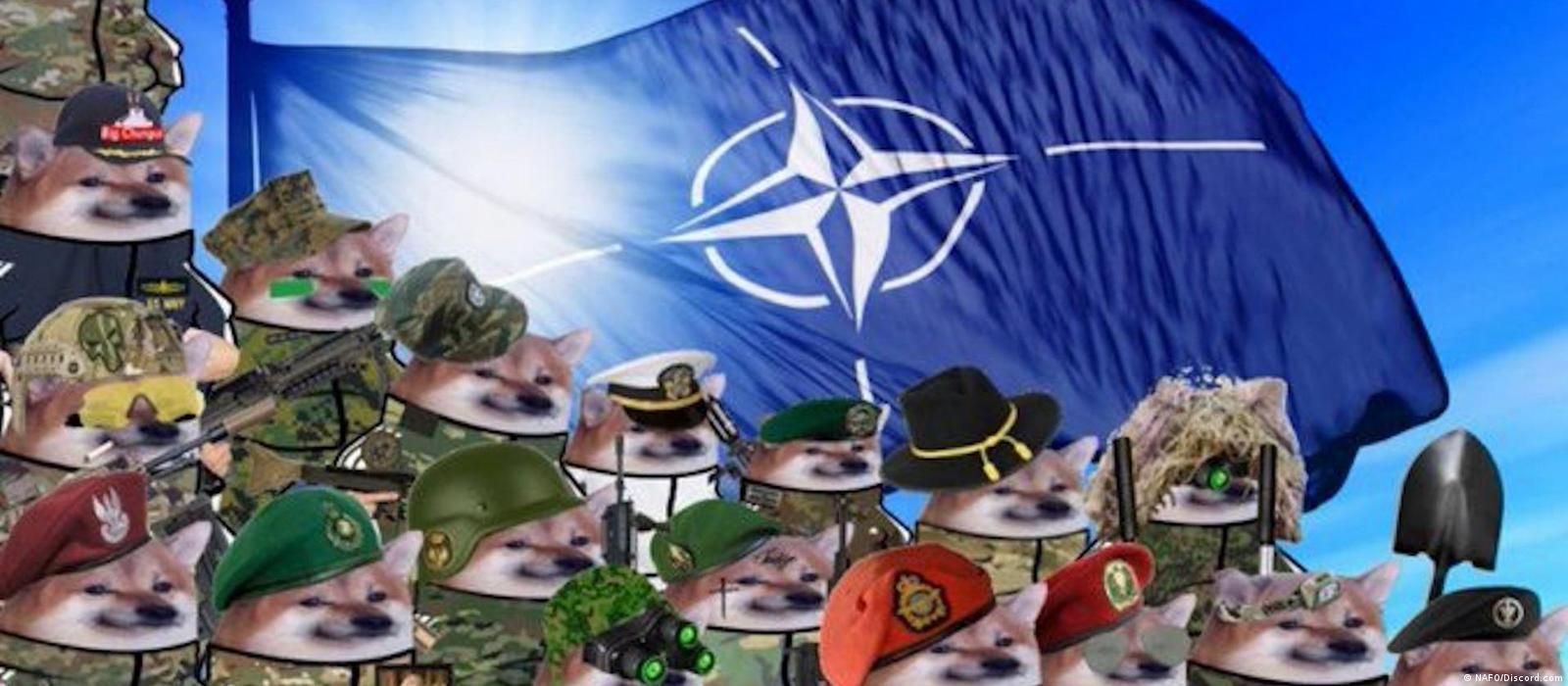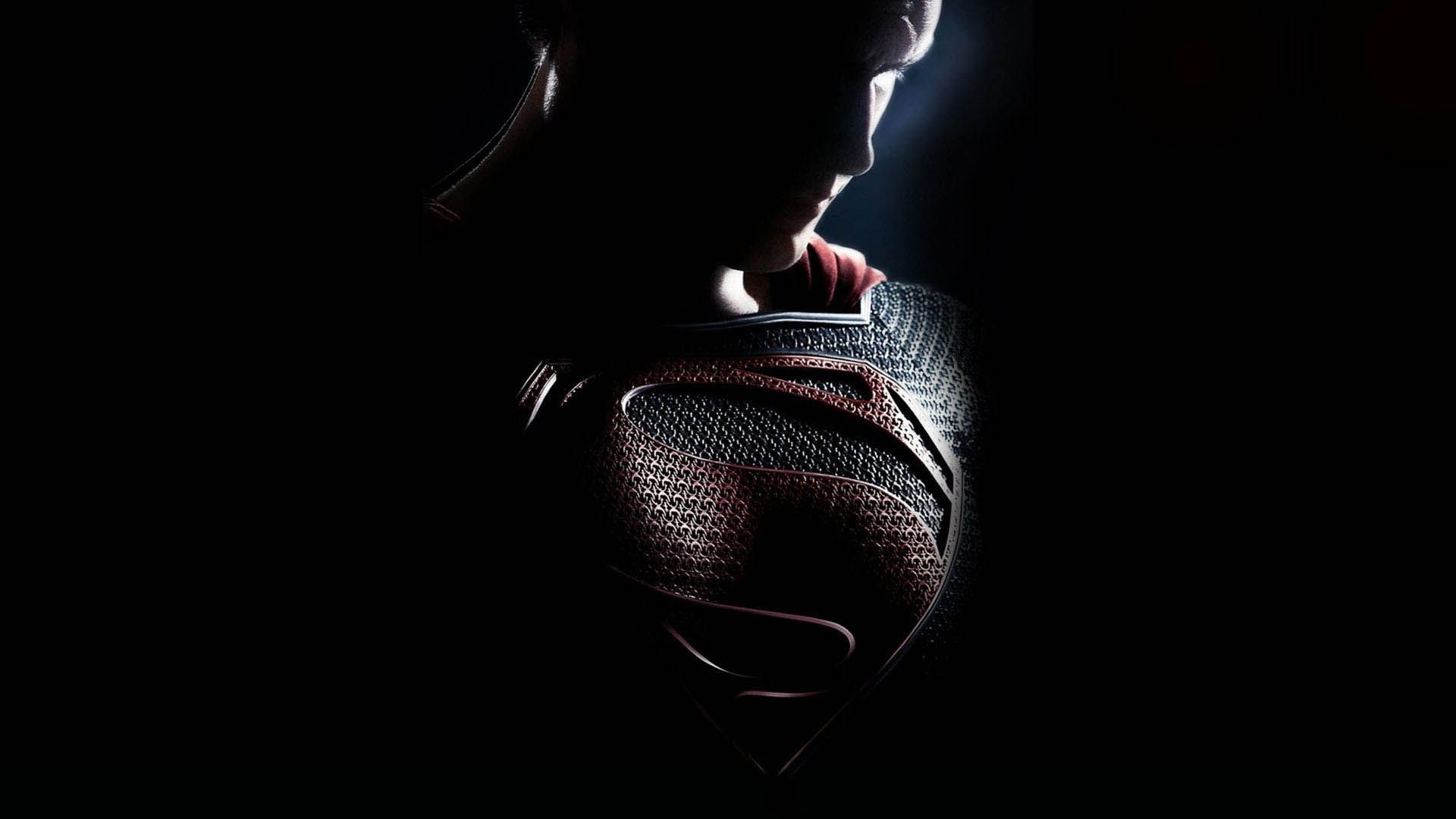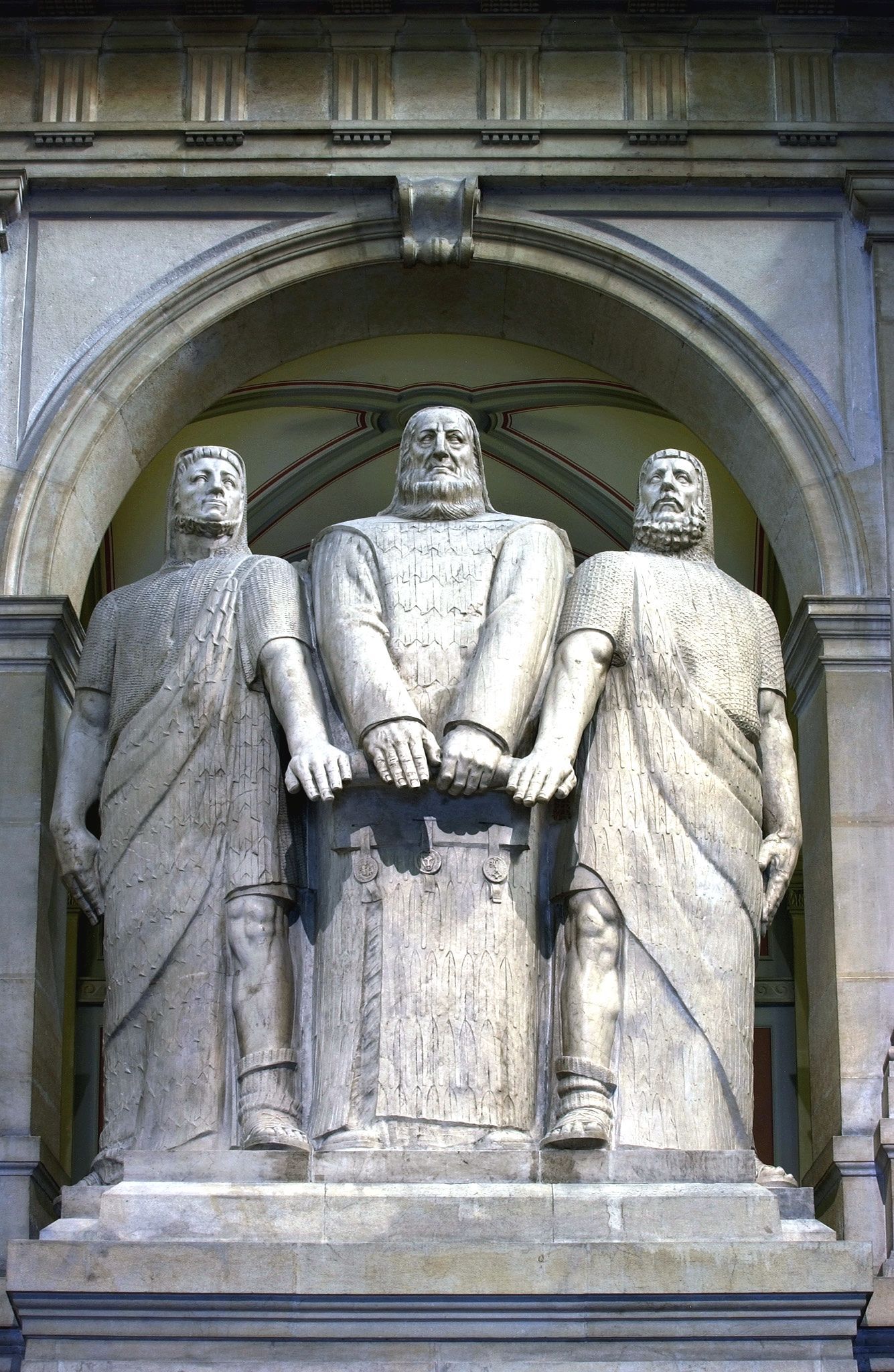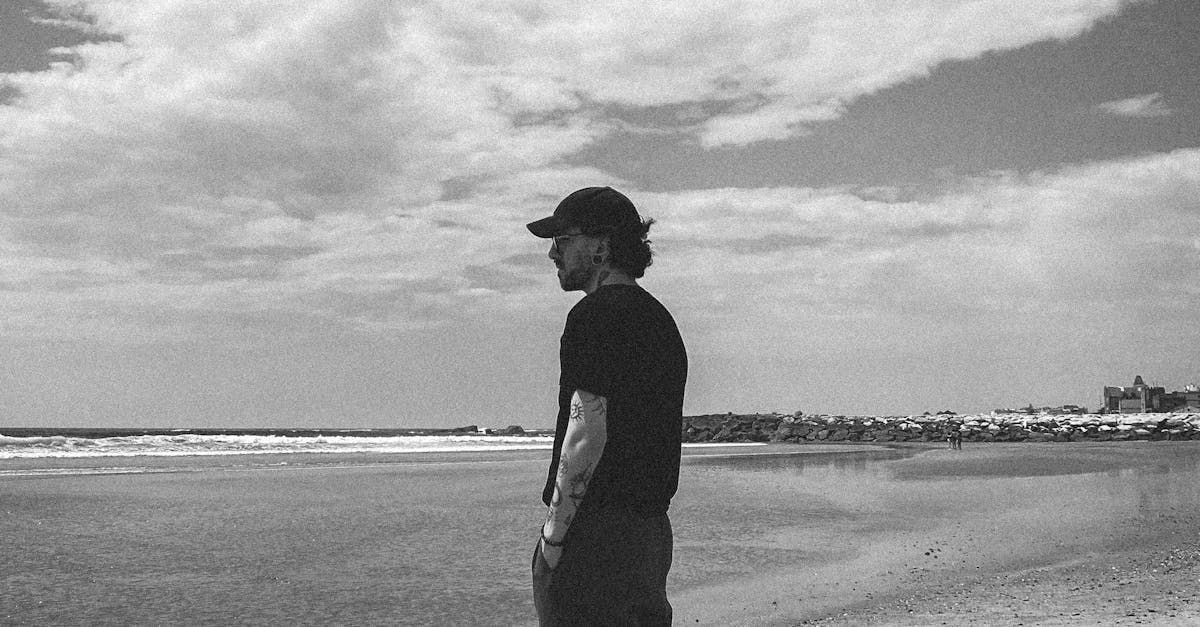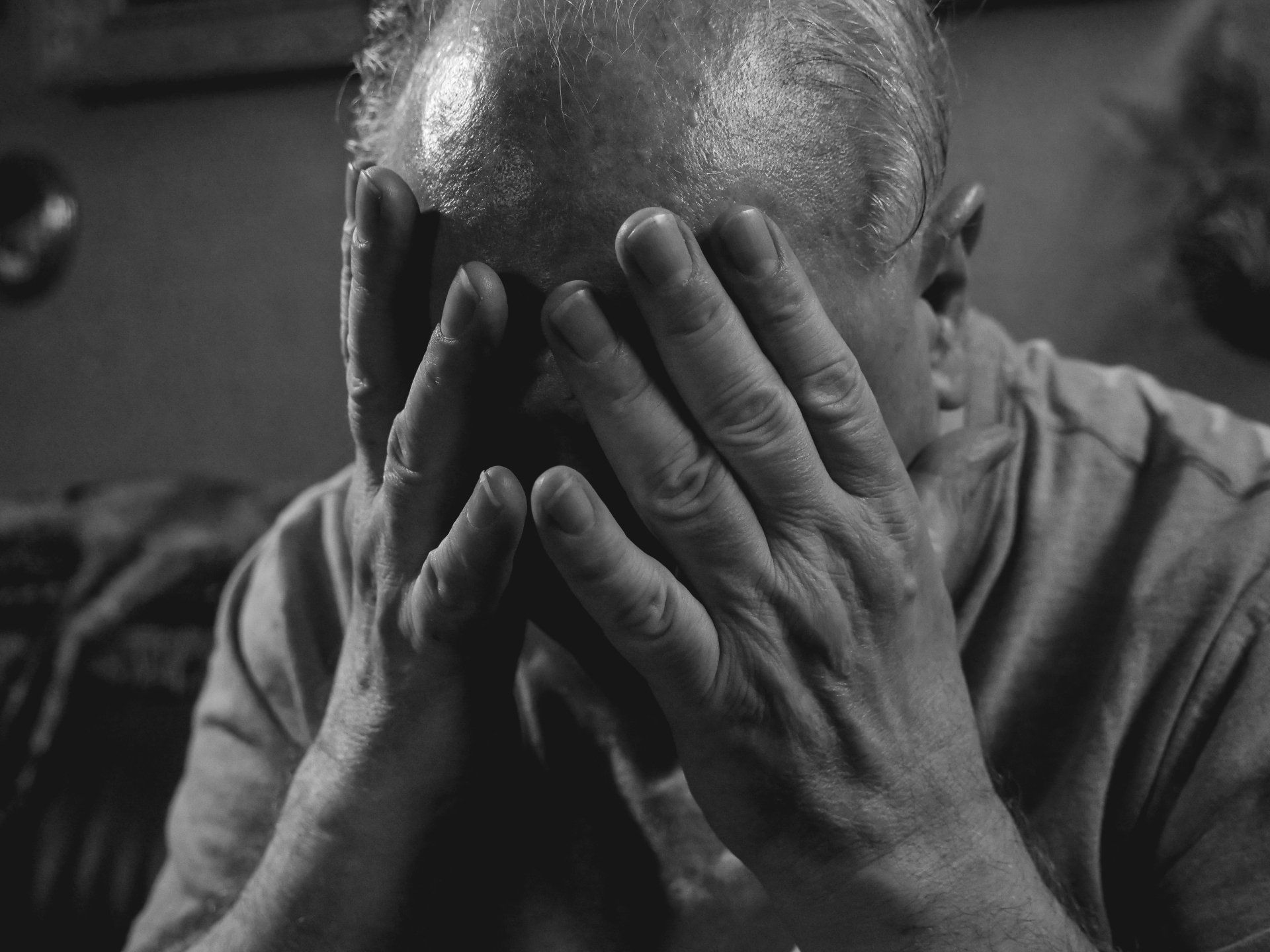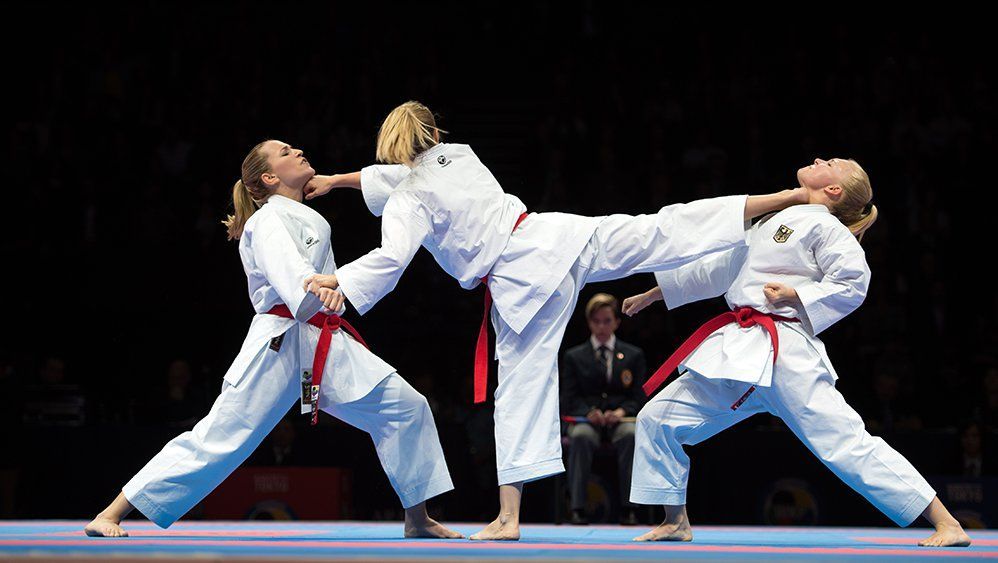The Distinguished - High Standards and the Making of Well-Rounded Individuals
The Benefits of Challenging our Youth to Excellence
The Odlikaši: Real-World Daniels Among Us
In every community, certain children stand out. Not through wealth or connection, but through a quality of character that seems to radiate from within. They excel academically while maintaining genuine kindness. They pursue martial arts with discipline yet help younger students without being asked. They practice their instruments with dedication then use their skills to bring joy to nursing homes. In Croatian culture, we call them odlikaši (oh-d-lee-kah-shee) - the distinguished ones. The word stems from odlično, meaning excellent or stellar, but crucially also "cool" - because these youth enjoy not just admiration and respect, but genuine privileges earned through demonstrated discipline and trustworthiness.
To understand odlikaši, consider Daniel from The Karate Kid - a character who resonates across generations precisely because he embodies these qualities. Not the strongest or most naturally gifted, Daniel becomes exceptional through discipline, respect for his teacher, loyalty to friends, and courage to stand against bullies despite personal cost. He trains not for dominance but for self-improvement and protection of others. He wins not just tournaments but respect through how he conducts himself. Imagine a world where more children developed like Daniel - where quiet determination, respectful behavior, and moral courage were the norm rather than the exception. This is what odlikaši represent: real-world Daniels who prove such character is not Hollywood fantasy but achievable reality.
The modern parenting paradigm has drifted toward comfort as the highest good. We cushion every fall, negotiate every standard downward, and mistake busy schedules for meaningful development. We've confused love with the absence of struggle, creating a generation that expects reward without effort, achievement without adversity. This soft bigotry of low expectations does more damage than any harsh word ever could. Worse, it squanders the one opportunity we have to shape truly capable minds and imprint the values that create good people.
What would our communities look like with more young people like Daniel? Picture schools where students naturally help struggling peers without being asked, where bullying withers because bystanders possess both courage and capability to intervene. Imagine youth sports where players help opponents up after hard contact, where winning with honor matters more than winning at any cost. Envision neighborhoods where teenagers check on elderly residents, not for service hours but from genuine care cultivated through years of character development. This is not utopian fantasy - it is the natural result when we raise children to be odlikaši.
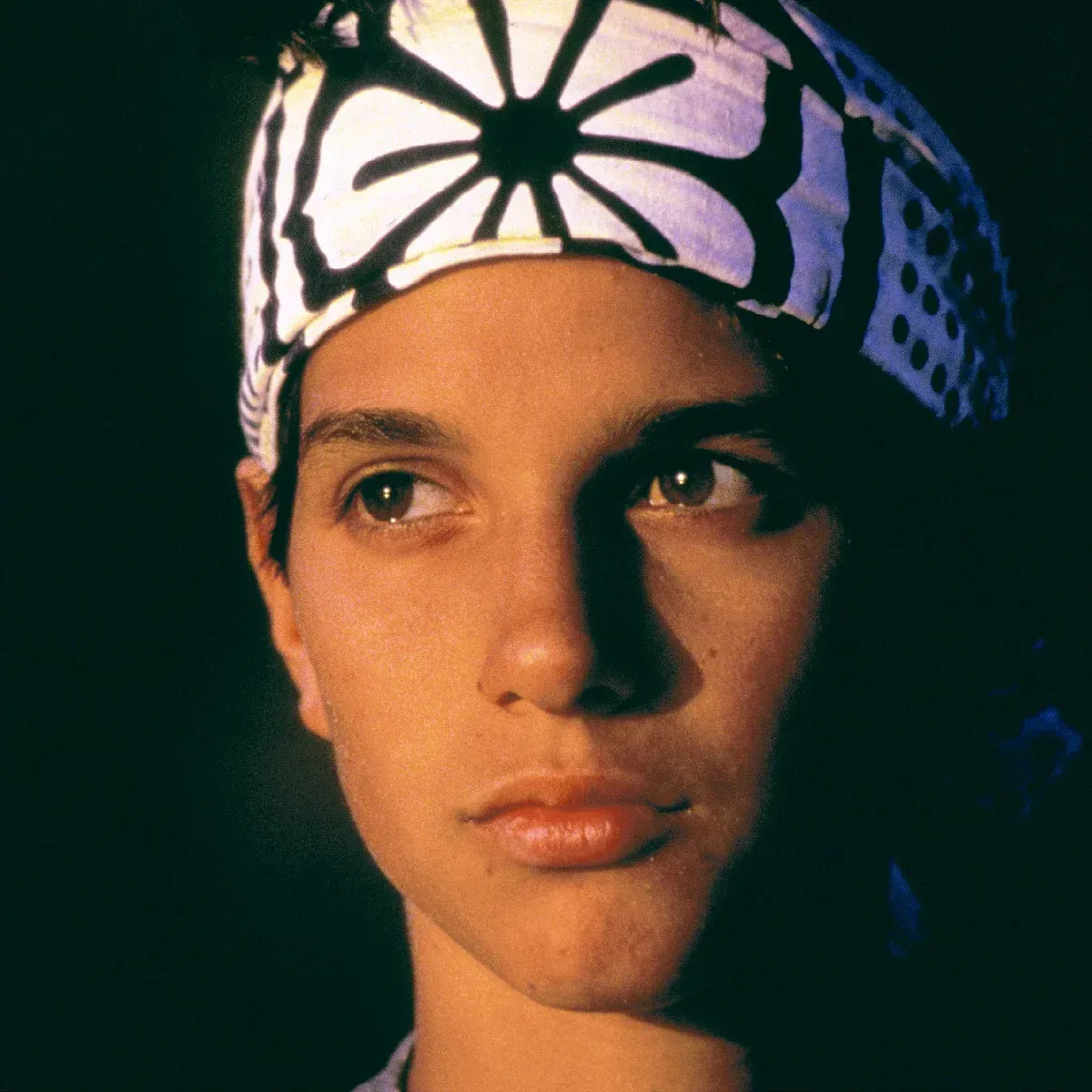
The Neuroscience of Character: Building Better Brains and Better People
The human brain possesses extraordinary plasticity during childhood and adolescence - a window that closes as we age. Just as muscles grow through resistance training, neural pathways strengthen through intellectual challenge. Every difficult problem solved, every complex skill mastered, every standard met despite struggle literally builds a better brain. But beyond cognitive architecture, this period represents our chance to hardwire moral architecture - the values and behavioral patterns that define good people across all cultures.
This is where careful distinction becomes crucial. The values we imprint must be those recognized universally, transcending religious doctrine or political ideology. Honesty, compassion, courage, integrity, respect, responsibility - these are not Christian or Muslim or secular values, not conservative or progressive values, but human values recognized across every functional society throughout history. When we build children's character on this foundation, we engage in what might be called benevolent indoctrination - the deliberate cultivation of universally beneficial traits.
The process requires sophisticated action-reward feedback loops that make virtue intrinsically satisfying. When a child helps another student understand a difficult concept, the immediate peer gratitude, teacher recognition, and internal satisfaction create neural reinforcement more powerful than any external reward system. But for odlikaši, like for Daniel, the rewards extend beyond feelings - they earn real privileges. The teenager trusted to stay out later because parents know they'll make good decisions. The student given keys to the music room because teachers trust them to practice unsupervised. The young martial artist allowed to assist in teaching because their discipline proves they can handle responsibility. These tangible benefits make excellence "cool" in ways that resonate with youth.
High standards serve multiple functions in this developmental process. When we expect excellence, we communicate belief in capability while building that capability through challenge. But we also create opportunities for value demonstration. The child who must work hard to meet academic standards learns persistence. The one who helps struggling peers while maintaining their own excellence learns that strength includes lifting others. The student who admits mistakes rather than cheating learns that integrity matters more than outcomes.

The Three Pillars: Martial Arts, Music, and Service
Consider the transformative power of martial arts training in this context. Beyond physical and cognitive benefits lies a complete system for character development rooted in universal values. The respect shown through bowing is not religious worship but acknowledgment of shared humanity. The discipline required is not authoritarian submission but self-mastery. The power gained comes with explicit expectation of protection for the vulnerable, not domination. Daniel didn't learn karate to become a fighter - he learned to become a protector, a person of dignity who could stand up for himself and others. This is the path of every odlikaš.
Athletic achievement must celebrate discipline and teamwork, not merely tribal victory. What value has a trophy earned through poor sportsmanship? The child who helps an injured opponent, who acknowledges superior performance in defeat, who celebrates teammates' contributions over personal glory - this child builds neural pathways linking achievement with honor. The odlikaš athlete is recognized not just for winning but for how they win, how they lose, how they elevate the sport itself through their conduct. Daniel's victory meant nothing compared to his character - and audiences worldwide recognized this truth.
Music education offers equally vital opportunities for value imprinting. The requirement for honest practice - the instrument reveals all shortcuts - builds integrity into the nervous system. Ensemble playing demands listening to others, adjusting one's own performance for group harmony, celebrating collective achievement over individual glory. The young odlikaš musician earns privileges like access to premium instruments or recording equipment not just through talent but through demonstrated care for shared resources and willingness to mentor others.
Service orientation represents the third pillar, but it must be carefully structured to avoid ideological capture. The service must focus on universal human needs - hunger, loneliness, education, safety - rather than particular causes. A teenager teaching reading to struggling children builds compassion without political indoctrination. One serving meals at shelters learns about human dignity without ideological framework. This careful neutrality ensures we build good people, not partisans.
The compound effect creates young people who earn adult trust through demonstrated character. Odlikaši receive more responsibility for others - leading younger students, organizing events, representing their schools - but also for themselves. They're granted freedoms their peers haven't earned: later curfews, unsupervised access to facilities, first choice in opportunities. These privileges aren't given but earned through consistent demonstration of discipline and judgment. Other youth see this and understand: excellence has real rewards beyond grades or trophies.
Creating the Environment: Parents, Educators, and Communities
Picture a society where Daniel-like qualities become common rather than exceptional. Where young people naturally intervene against injustice not from rules but from character. Where strength is measured by how many you lift up, not push down. Where discipline and respect are seen as cool because they lead to genuine freedom and opportunity. This is not impossible idealism - it is the predictable result of raising children with high standards, meaningful challenges, and universal values during their neurologically plastic years.
These distinguished youth demonstrate what becomes possible when development is intentional but not ideological. They embody values that would be recognized as virtuous in any culture, any era. They are not religious zealots or political activists but simply good people - capable, compassionate, contributing members of human society. Their excellence threatens no reasonable worldview because it rests on universally acknowledged virtues. Most importantly, they're genuinely "cool" - not through rebellion or consumption but through earned respect and tangible privileges.
The creation of such individuals requires vigilant neutrality alongside intentional development. Parents must model universal values while avoiding ideological indoctrination. They must reward honesty even when it challenges their own positions, celebrate compassion regardless of recipient, recognize courage whether physical or moral. The feedback loops must reinforce the value itself, not its application to particular causes. And crucially, they must grant real privileges when children demonstrate trustworthiness - not as bribes but as natural consequences of proven character.
Educators bear special responsibility to maintain this balance. Academic excellence must be pursued for its cognitive benefits and character development, not to advance particular worldviews. History must be taught honestly, science objectively, literature broadly. The values reinforced - curiosity, integrity, persistence - must remain universal. Teachers who recognize odlikaši with meaningful privileges - leadership roles, access to advanced resources, freedom to pursue independent projects - create powerful incentives for excellence that resonate with youth culture.
Communities must design recognition systems that celebrate universal virtues rather than factional loyalty. The teenager honored for volunteer service should be recognized for compassion and dedication, not for serving particular causes. Athletic achievement should celebrate the discipline, teamwork, and sportsmanship that define true victory. Academic excellence should recognize intellectual development and knowledge pursuit, not ideological conformity. And these recognitions should carry weight - privileged access to community resources, apprenticeships with respected professionals, genuine responsibilities that acknowledge maturity.
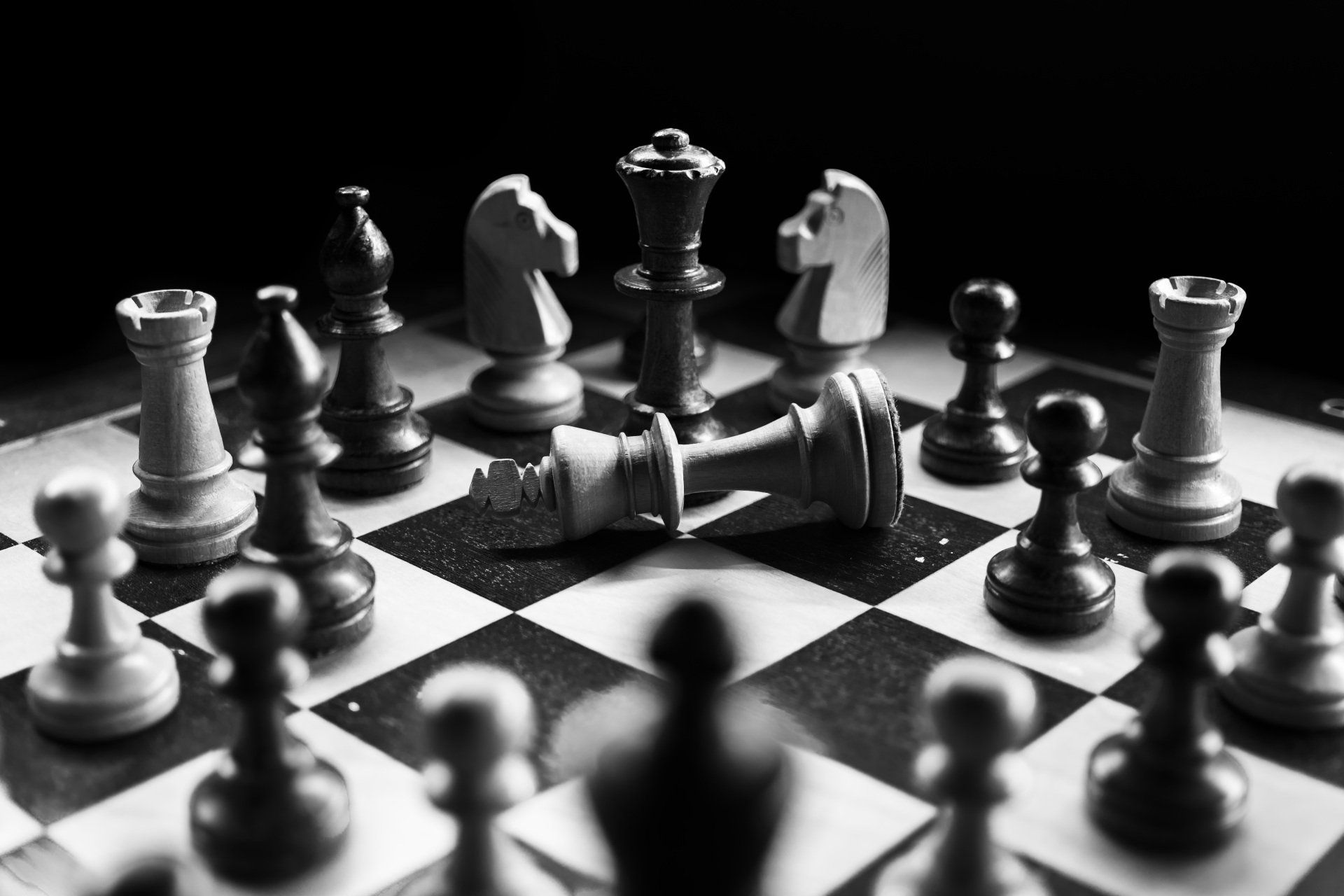
The Path Forward: Making Excellence Cool Again
The world needs more Daniels - not copies of a fictional character but real youth who embody those qualities we admire in him. Young people who face challenges with quiet determination, who respect their elders while maintaining personal dignity, who protect the vulnerable despite personal risk, who win with grace and lose with honor. These are not impossible standards but natural outcomes when children are raised with appropriate challenges, universal values, and meaningful rewards for virtue.
The resistance to granting youth real privileges often comes from adults who confuse equality with sameness. They fear that recognizing excellence creates hierarchy. But youth already create hierarchies - the question is whether based on character or consumption, achievement or attitude, contribution or rebellion. When odlikaši status comes with tangible benefits tied to demonstrated virtue, we create positive aspirational models that reshape youth culture itself.
The neuroscience is clear: the window for optimal development is finite. Values imprinted during neural plasticity tend to persist throughout life. When we connect excellence with real rewards - both intrinsic satisfaction and extrinsic privileges - we create feedback loops that last lifelong. The teenager who experiences the freedom that comes with trustworthiness, the respect that follows demonstrated competence, the opportunities that open through proven character - this teenager has neural pathways that will seek excellence throughout life.
The odlikaši among us prove this balance achievable. They demonstrate excellence without arrogance, strength without cruelty, intelligence without condescension. They enjoy privileges their peers desire - later curfews, special access, adult trust - not through manipulation or rebellion but through earned respect. Other youth observe and conclude: being odlikaš is genuinely cool. The path to privilege runs through discipline, not defiance.
Every community needs such youth. In an increasingly polarized world, they represent hope for common ground. Their values are not negotiable because they are universal, not factional. Their excellence is not threatening because it serves rather than dominates. Their leadership is natural because it emerges from character rather than ideology. Their privileges are not resented because everyone understands they were earned through demonstrated virtue.
The Society of Good People recognizes these distinguished youth as exemplars of human potential properly developed. They embody virtues that transcend all reasonable disagreement - honesty, compassion, courage, integrity, respect, responsibility. They prove that excellence and goodness can be cultivated without ideological capture, that children can be raised to be both capable and kind without partisan indoctrination. Most importantly, they demonstrate that virtue has tangible rewards that make it genuinely attractive to youth.
The path forward is clear but requires courage to resist those who would either hijack child development for factional purposes or reduce all youth to lowest common denominators. We must dare to recognize and reward excellence, to grant real privileges to those who earn them through character, to make being odlikaš something every child aspires to achieve. We must dare to believe that a world of Daniels is not fantasy but possibility awaiting our commitment to make it real.
Our children deserve development that makes them excellent humans, not excellent partisans. They deserve values that will serve them in any society, not just among fellow believers. They deserve the chance to become truly distinguished - not by adherence to doctrine but by embodiment of virtues recognized across all humanity. And they deserve to discover that such distinction brings real rewards - respect, trust, opportunity, and yes, privilege.
In raising odlikaši, we do not create religious saints or political soldiers but simply good people - capable, compassionate, contributing members of human society who enjoy the tangible benefits their excellence earns. This is the highest goal of child development: not to replicate our ideologies but to create humans better than ourselves, grounded in universal values while free to think, question, and contribute according to their own developed conscience.
The time for excuses has passed. Our children deserve intentional development grounded in universal human values. They deserve the neural imprinting that creates lasting character. They deserve the action-reward loops that make virtue intrinsically satisfying. Most importantly, they deserve to learn that excellence has real rewards, that being odlikaš is not just admirable but genuinely cool - the kind of cool that comes from earned respect, granted trust, and deserved privilege. They deserve the chance to become real-world Daniels, proving that such character is not Hollywood fantasy but human possibility awaiting proper cultivation.
I don't have all the answers. The details of implementation will vary by community, by culture, by circumstance. But the direction is clear: we must raise children who embody universal virtues, who earn privilege through character, who prove that excellence and goodness are not only compatible but inseparable. We must create more odlikaši.
If we want to save this world - and let us be clear, it needs saving - we must raise not just individual exemplars but cohorts of good people. We need entire generations of excellent and courageous individuals grounded in universal virtues. One Daniel can inspire. A dozen can lead. But hundreds, thousands of odlikaši? They can transform society itself. The beauty of this approach lies in its self-reinforcing nature: each odlikaš inspires others, each success makes excellence more attractive, each privileged earned through virtue makes character more desirable than rebellion. Create the initial critical mass, and the system begins to snowball - excellence breeding excellence, courage inspiring courage, service generating service.
Perhaps, just perhaps, this is how we build the better, more just world we claim to want. Not through politics or preaching, but by raising children who embody the virtues we admire and rewarding them in ways that make others want to follow.
This is the Way.
